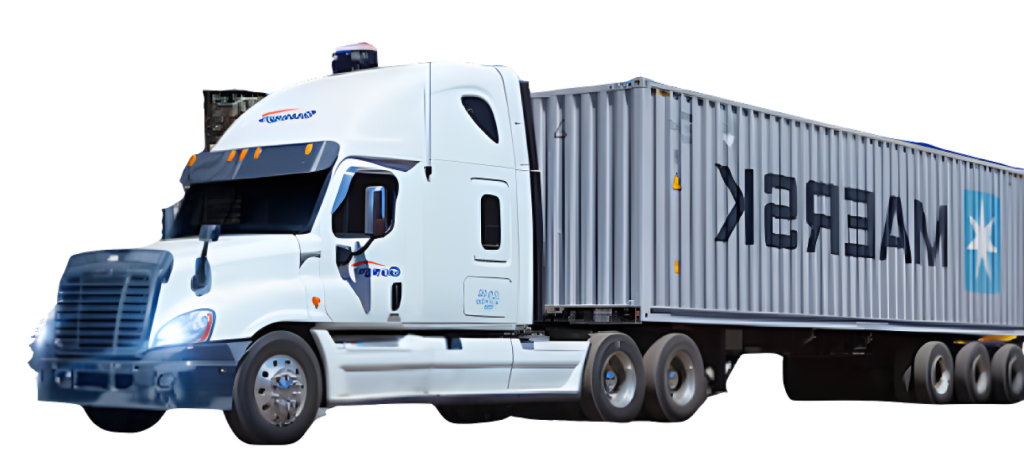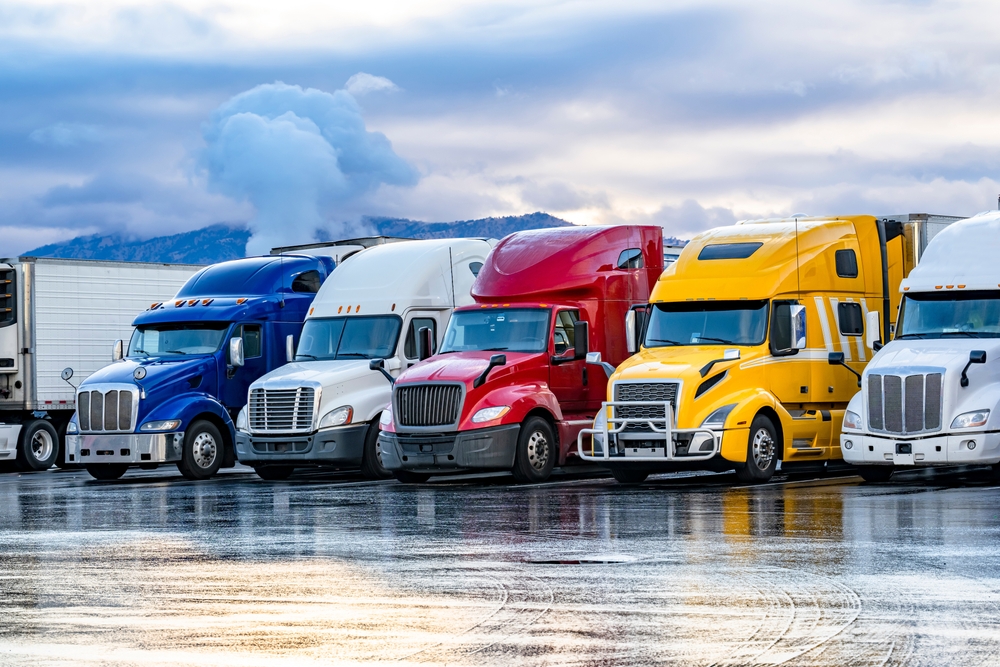Do you need TL or LTL?
Here we will cover the key differences between Truck Load (TL) and Less-Than-Truckload (LTL) shipments, and help you determine which of the two options is more suitable for your company’s transportations needs. Although both methods are a great options for transporting goods, the option you choose will be determined by your company’s unique freight requirements.
Truck Load (TL) shipments can be easily characterized by weight or volume. If the weight of one load exceeds 15,000 pounds or if one load fills up the entire trailer, then your shipment would be categorized as a TL shipment. Less-Than-Truckload (LTL) shipments can de easily defined as freight loads that are smaller or lighter than the full capacity of an empty trailer, where the weight can range between 150 and 15,000 pounds, or consist of less than 10 standard sized pallets. Depending on the location of your freight and your company’s needs, the freight may be transported to a warehouse near the origin and then loaded onto another trailer on which the goods will be delivered to their final destination.
In terms of transportation, TL shipments tend to have a shorter delivery window compared to LTL shipments because they generally follow a one pick-up one drop-off approach. This directly correlates to the reduced instances of freight claims in TL shipments compared to LTL, because there is less handling of your fright while it is on transit. TL shipments are also best suited for transporting high value and sensitive shipments because of the ability to guarantee pick-up and delivery times
The cost per load the ship TL is higher than LTL because with TL your freight is using the entire trailer and your company must cover the entire freight bill, whereas with LTL, you can essentially split the cost of operating the truck with the other fright that is being simultaneously transported with yours and LTL is also more cost-effective than parcel shipments. However due to economies of scale it will still be more cost effective to transport your freight in TL shipments if your company has the volume of goods that require this method of transportation.
There are also some restrictions as to how your freight must be packaged when deciding if you will be shipping your goods as a TL or LTL shipment. TL shipments can be transported with more flexibility including barrels and odd-shaped or bulky goods. However LTL shipments are typically transported on pallets or crates.
Chose TL if
-you want to ship more than 10 standard sized pallets or your freight requires more than 12 linear ft or is odd shaped.
-you have sensitive or fragile goods that can be easily damaged in transit
-you want to have more precise pick-up times and delivery times
-your freight transportation budget has flexibility and you are not restricted in funds.
Chose LTL if
-you want to ship less that 10 standard-sized pallets in each load
-your goods are easily moved on pallets or crates and do not require special handling
-your deliveries are not time sensitive and you have more flexibility on pick-ups and deliveries.
-you have a restricted freight transportation budget, and need a cost-effective alternative
Overall there are benefits and drawbacks to both TL and LTL
TL shipments are ideal when your freight transportation requires an entire trailer, and you can benefit from the added cargo security that results from minimal handling of your freight. Regardless of weight and dimensions, TL shipments are also best suited for transporting high value and time-sensitive shipments because of the ability to guarantee pick-up and delivery times.
LTL shipments can be cots-effective and offer great solutions for shippers with low transportation volumes, however the shipping process can be more time consuming compared to direct delivery, because the carrier will need extra time to make more pick-ups and deliveries, and there is less cargo security due to increased risk that comes with loading and unloading additional cargo in the same trailer.
If you need help determining which option is better suited for your company’s freight needs or if you would like to receive a freight quote, fee free to give u a call or submit a quote request at Quote@KheironLogistics.com


